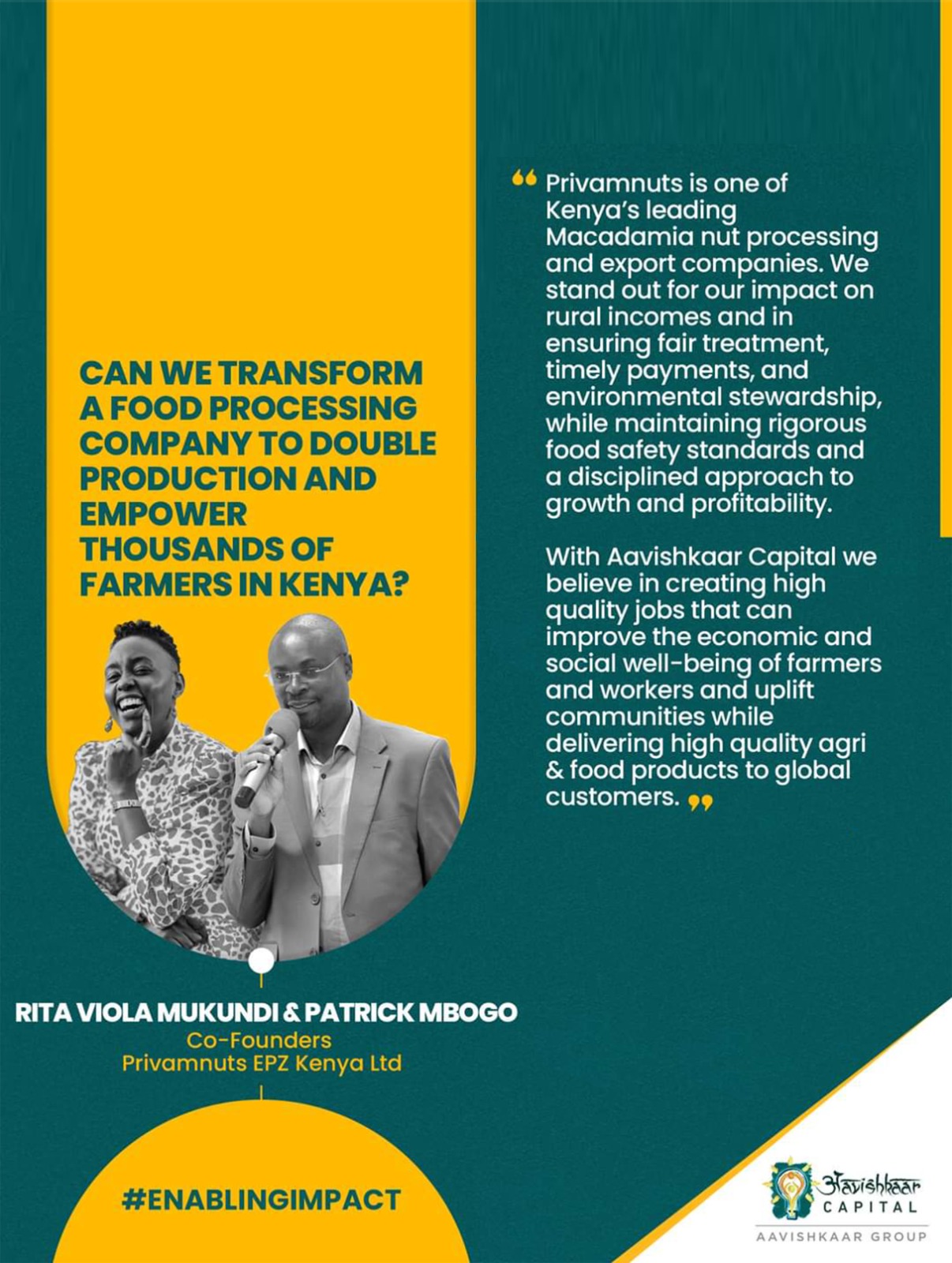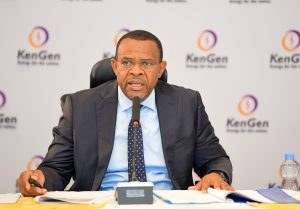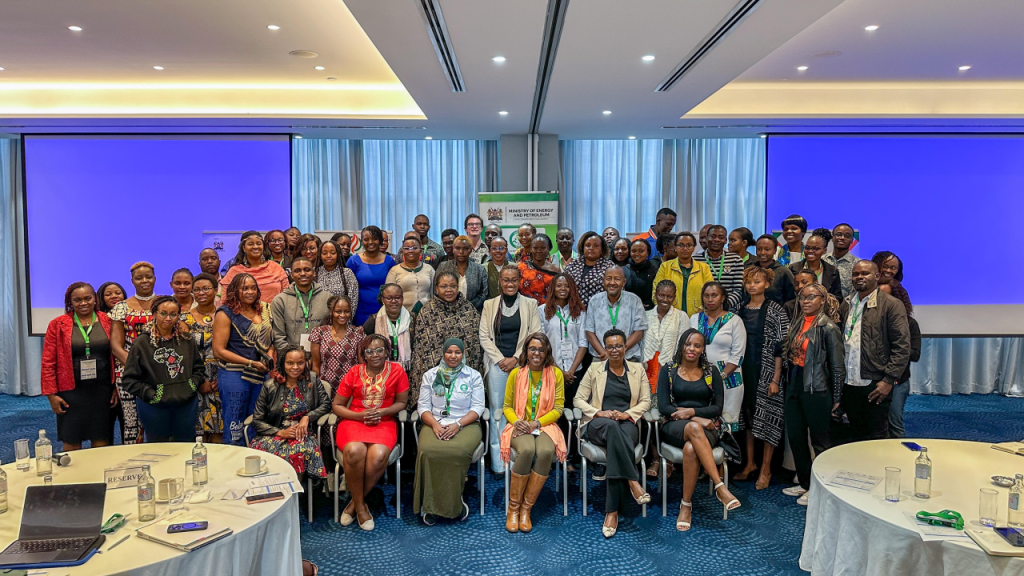
The second Women in Clean Cooking Kenya workshop convened, following last year’s inaugural event during the 2023 Clean Cooking Week. The workshop addressed the persistent challenges in Kenya’s transition to clean cooking, aiming to empower women—pivotal in household energy management—to catalyze the adoption of modern cooking solutions.
Despite Kenya’s progress, many rural households still rely on traditional fuels, contributing to health risks from indoor air pollution.
Amidst Kenya’s goal for universal access to clean cooking by 2028, the workshop focused on enhancing women’s business acumen and leadership in the clean cooking sector.
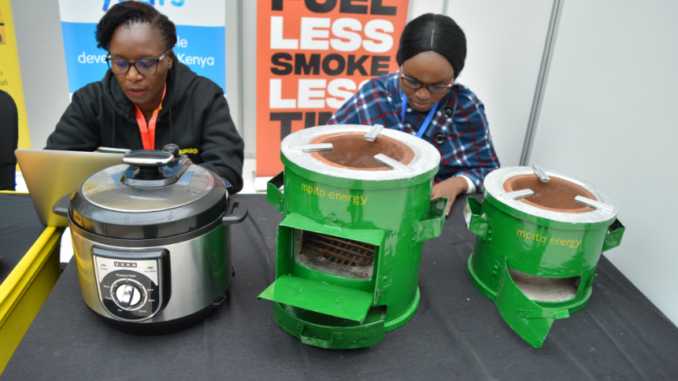 Participants engaged in capacity building, knowledge sharing, and networking, fostering collaborations with industry stakeholders and academic institutions.
Participants engaged in capacity building, knowledge sharing, and networking, fostering collaborations with industry stakeholders and academic institutions.
This initiative aimed to elevate women into roles as entrepreneurs, consultants, and leaders, critical for sustainable economic growth and environmental stewardship.
Expected outcomes include heightened skills in clean cooking businesses, increased female representation in sector decision-making, and a strengthened network of empowered women driving innovation.
By equipping women with essential skills and opportunities, the workshop aimed to foster a more sustainable future where clean cooking becomes accessible and prevalent across Kenya’s diverse communities.
Daniel Wanjohi, CCAK chairman, emphasized, “The ‘Women in Clean Cooking Kenya’ workshop effort is not solely focused on women. For many years, we have all been championing and advocating for the clean cooking agenda. Various organizations and the ministry have significantly contributed to reaching our current position.
We are now witnessing unprecedented excitement and innovation, with Kenya leading the way. Clean cooking is not just a kitchen issue; it’s a development issue impacting gender, job creation, and the environment. I’m happy to see new faces pushing this clean cooking agenda forward. Let us drive this sector to the next level.”
During the panel discussion on the role of women in the clean cooking sector in Kenya, the panelists shared their insights and experiences. Eng. Bernadette Mwende, Assistant Director at the Ministry of Energy and Petroleum, noted, “In the ministry, we have developed many policies, including those on gender and clean cooking.
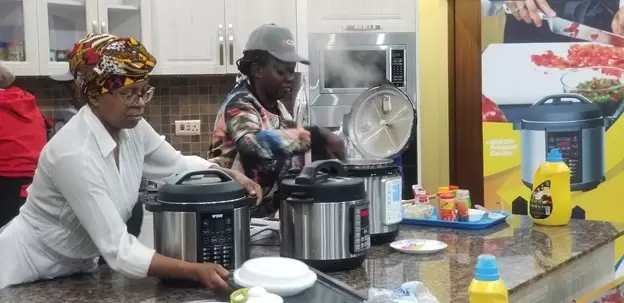
We have identified gaps and prioritized gender-sensitive projects during planning. Most of these high-level positions in the government are male-led, and we should encourage policies and practices that allow women to take up these roles and train them.”
Yvonne Nyokabi, Programme Manager at UNDP, highlighted the need for women to position themselves and understand the financial aspects of the sector. “Women have to learn the language of money and be precise in what they bring to the table to innovatively solve challenges in clean cooking.
Have courage! Sometimes, we feel like doors are closed, but it’s just a matter of knocking. Persist! One day, an opportunity will come. Additionally, network! You are only as rich as your social capital. Build your knowledge and skills, and learn the language of energy.
Share what you know in digital spaces to build your brand and uplift other women.”
Sophie Odupoy, Head of Public Affairs at KOKO Networks, added, “Women have found ways outside the system to fund their endeavors. As we talk about households, we must discuss carbon credits. The whole process is out of reach for many entrepreneurs, but there is a greater push for learning and getting started. What are you doing to learn this?”
It was heartening to witness the deep interest and investment in clean cooking and the significant role of women in this field in Kenya. With that, the workshop officially closed, leaving a trail of inspiration and a promise for a brighter, cleaner future.



